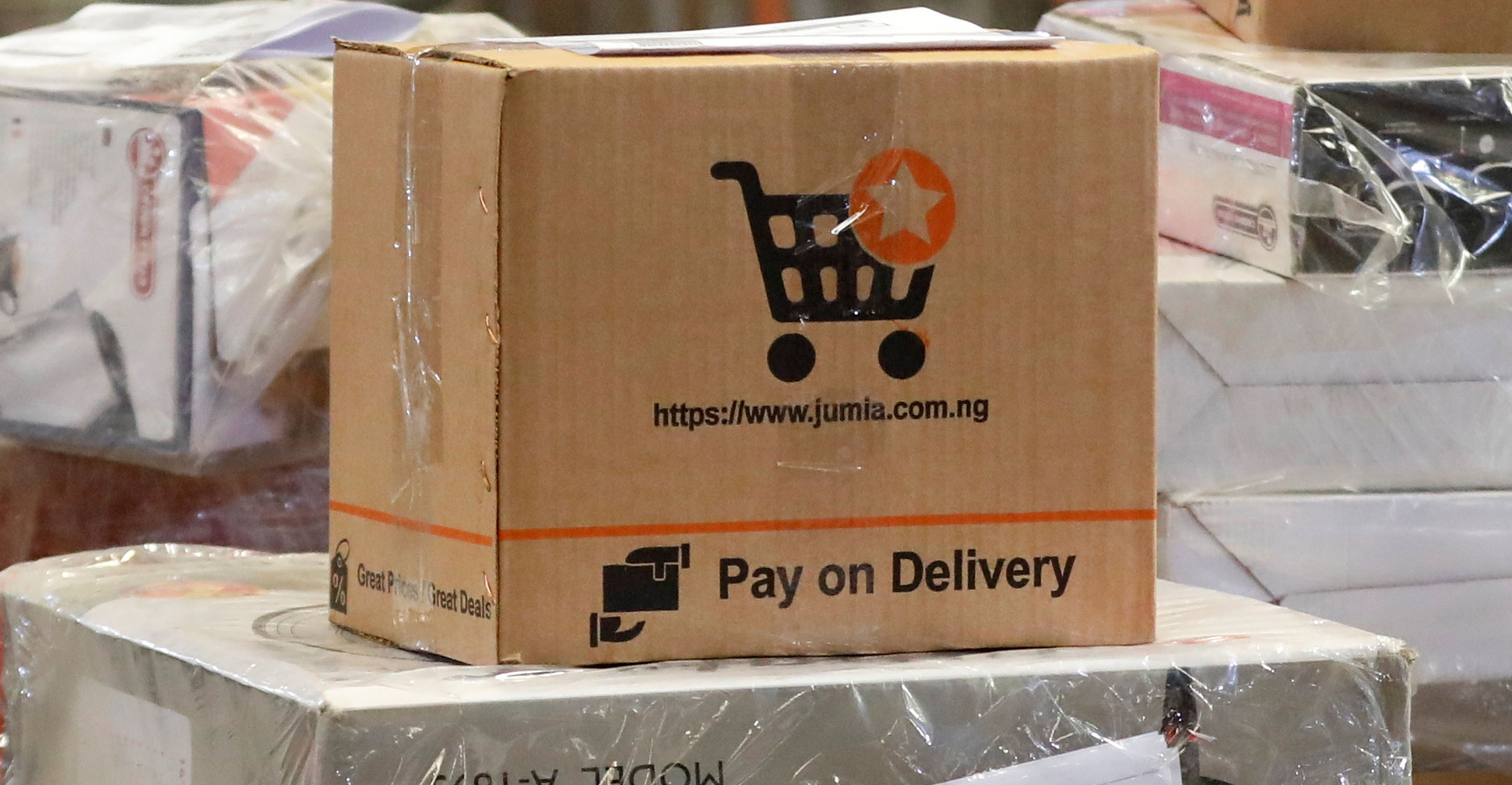 African e-commerce pioneer Jumia said on Wednesday its cost cuts helped it reduce fourth quarter losses by 47% from a year ago, even as revenues continue to slide, showing that its path to profitability was on course.
African e-commerce pioneer Jumia said on Wednesday its cost cuts helped it reduce fourth quarter losses by 47% from a year ago, even as revenues continue to slide, showing that its path to profitability was on course.
Jumia, the first Africa-focused tech start-up to list on the New York Stock Exchange, is selling fewer expensive one-off products such as electronics and focusing on cheaper but frequently ordered items like beauty and cleaning supplies. It is also cutting fulfilment and advertising costs.
Revenue slid to €41.8-million in the fourth quarter, down from €49.3-million in the 2020 period. But Jumia reduced its adjusted loss in earnings before interest, taxes, depreciation and amortisation (Ebitda) to €28.3-million.
Co-CEO and founder Jeremy Hodara said this proved the company’s strategy was paying off. “We grew where we wanted to, and very efficiently.”
For the full year, revenue slid nearly 13%, to €139.6-million and adjusted loss Ebitda fell by 34.5% to €149.2-million.
Jumia outlined long-term hopes of expanding into new markets, including Ethiopia, the Democratic Republic of Congo and Angola, and said that payment platform JumiaPay and Jumia Logistics could be spun off.
Shares gyrate
But Hodara said no such plans would be considered until the company became profitable. “We have to make sure that Jumia is a business that can make money.”
Jumia’s share price has gyrated dramatically since its listing at $14.50 on 26 April 2019, valuing the firm at $1.1-billion. It hit a peak of $49.77 shortly after listing but later plunged close to $2/share after a negative short seller report. In December 2020, the company raised €203-million in a primary offering. Last year, it also exited three countries and closed its travel unit to focus on profitability. — Reported by Libby George, (c) 2021 Reuters



